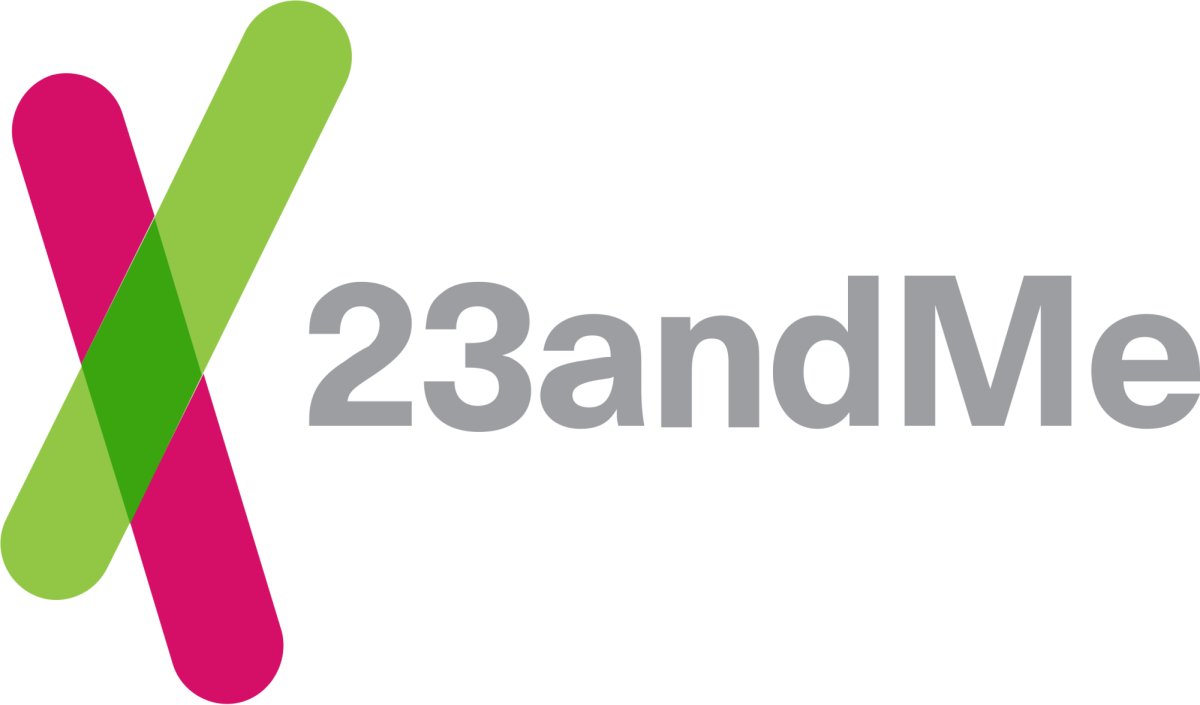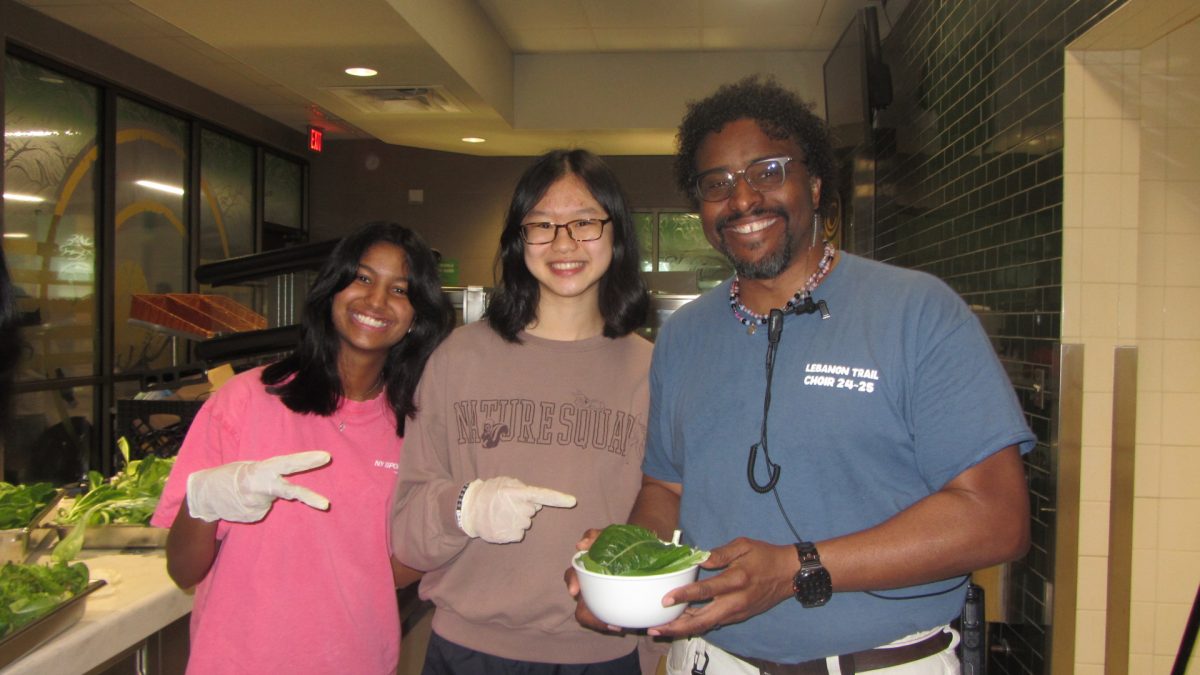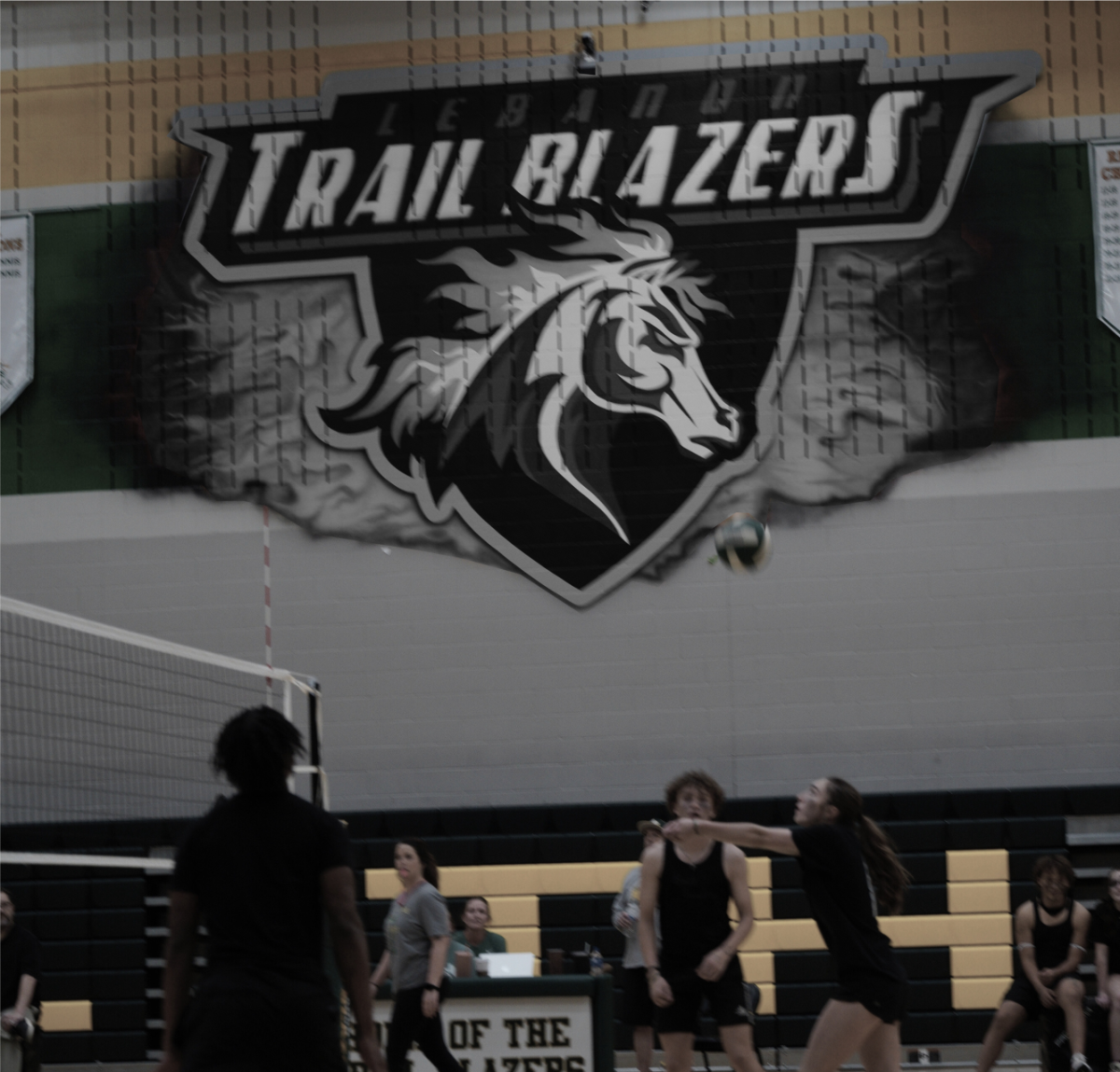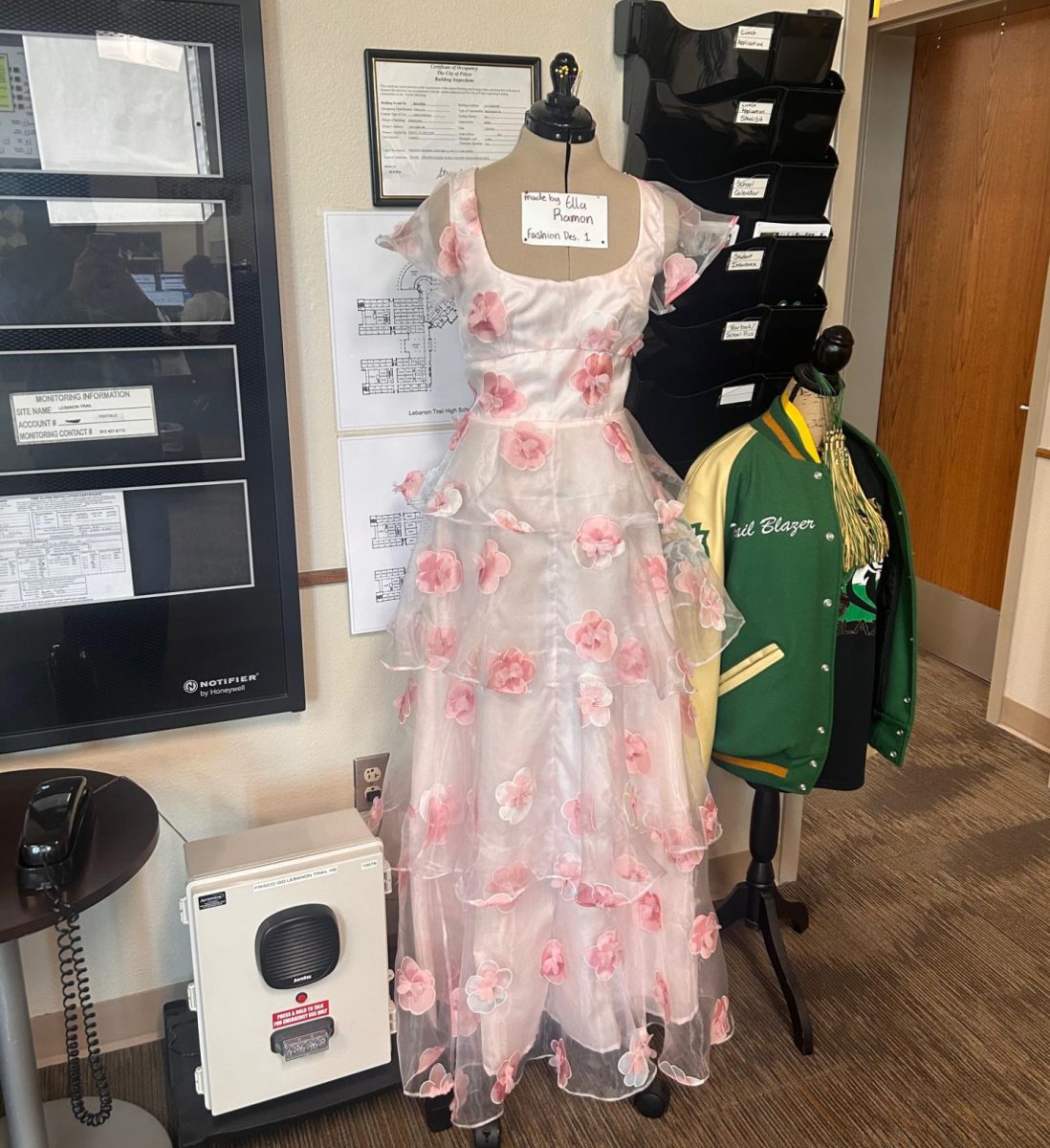In the hours and days after this year’s presidential election, many individuals posted to social media sharing their support or disdain for the election results. These reactions did not solely come from the voting age demographic. In fact, much of Generation Z (Gen Z), even those under 18, had something to say about this event.
Political actions and awareness amongst younger generations is nothing new to the times. For example, 1968 saw an epidemic of university students protesting US involvement in the Vietnam War. During such times, American society saw a direct correlation between the growing youth culture and their political commentary. Also, some historians have argued the younger demographic opposed sending American soldiers to Vietnam more than any other generation at the time.
In this present day, social media gives anyone the opportunity to find a political voice. Public protests are not the only way for young adults to try and make a political statement in their community. Many of those who use social media for this purpose come from Gen Z. A majority of this young generation is high school students, in higher education institutions, or have barely stepped into the workforce. All this to say, in this current moment in time, Gen Z is limited on the amount of change they hold in their hands. This explains why social media is such a strong resource for inspiring change.
Many young individuals feel a strong need to participate in political conversation. Some of these individuals can be found at LTHS. For example, junior Payton Flagg is a strong proponent of spreading current news information, no matter how old a person might be.
“[I]t’s important for young people to keep up with news because it still affects us,” Flagg said. “Sure, we might not pay taxes yet [or be able to vote], but that doesn’t mean there aren’t other laws that could affect us. And even if it doesn’t directly affect you it might affect your parents, friends, or your cousins.”
Another strong proponent of political awareness at LTHS is Senior Sukriti Sinha.
“I want to spread political awareness because I feel like there’s a huge disjunction in people’s minds between policy and the everyday life that they live,” Sinha said. “A lot a lot of people realize how important politics is to people’s livelihood.”
Even though many of these students are young individuals, they have already begun to feel personally invested in spreading political awareness.
“A lot of modern day political discussions have delved into the realm of morals and ethics as opposed to straight politics,” Flagg said. “When politics shift away from economical matters and onto the rights of marginalized groups, spreading awareness becomes a lot more significant. I mean, if my rights are in jeopardy, I’d want other people to campaign for me, so why not campaign for other causes even if they don’t affect me?”
Sinha also has a similar perspective to Flagg on supporting causes even if they don’t directly affect other, similar causes.
“I try to spread awareness by sharing my political and social beliefs with my teachers and my peers, listening to views that might contradict my own, and having educated conversations and discourse,” Sinha said. “I also use my social media to share and repost important news that needs to reach more people like me. I write pretty openly about my experiences being a first generation immigrant, and I donate to organizations and consume brands and media that help people.”
Overall, Gen Z has made use of social media in order to find their political voice. They are following in the footsteps of past generations who felt a need to stand up for political causes at a young age.















